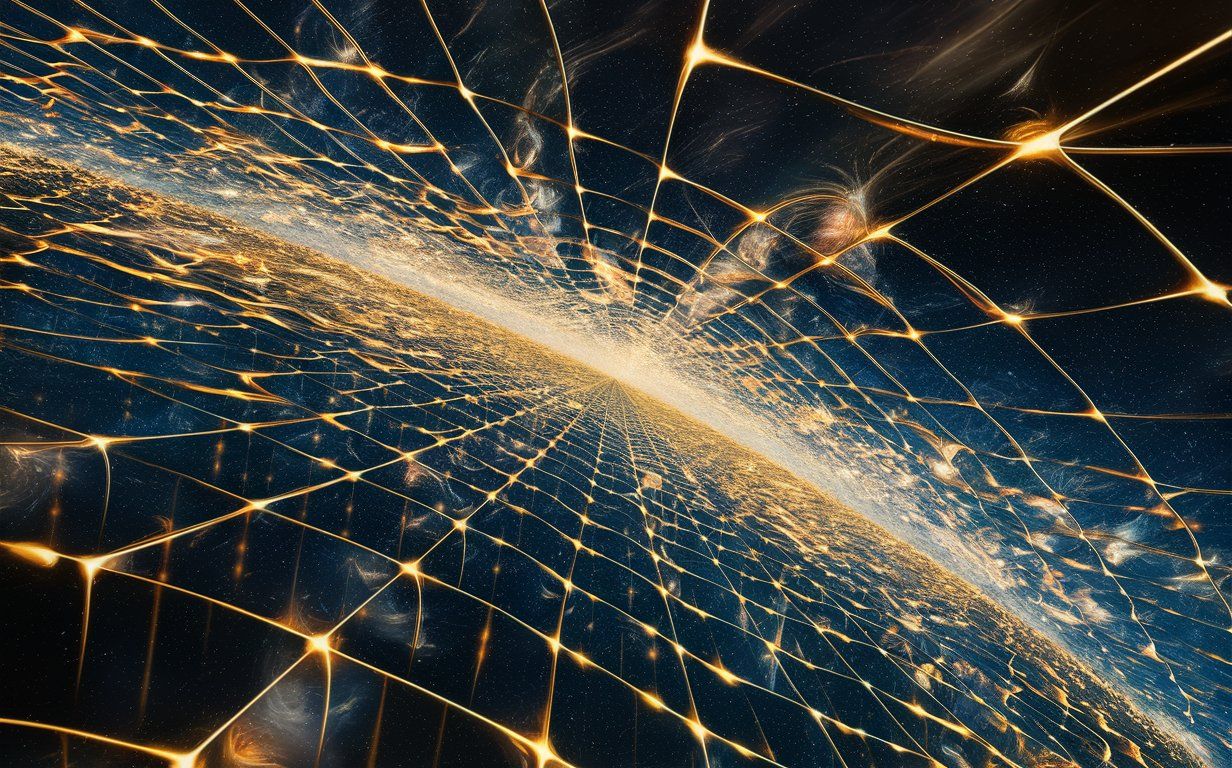Quantum gravity: finally a testable approach explaining this great mystery of our universe
Follow us on Google News (click on ☆)
In 1929, Edwin Hubble discovered that the Universe was expanding. By observing galaxies, he noticed that the ones farther away were moving away from us more quickly. This fundamental discovery led to the determination of the Hubble constant, which measures this expansion.

However, more recent measurements have highlighted a troubling inconsistency. The Hubble constant, determined by observing the cosmic microwave background (CMB), a residual glow from the Big Bang, differs by nearly 10% from the values obtained through astronomical observations of distant cosmic objects. This discrepancy, known as the "Hubble tension," suggests gaps in our understanding of the Universe's evolution.
To address this issue, researchers P.K. Suresh and B. Anupama from the University of Hyderabad have proposed a new approach by integrating quantum effects into the theory used to determine the expansion rate. Their study, published in Classical and Quantum Gravity, suggests that revising Einstein's general relativity theory to include these effects could reconcile the disparate results.
Quantum gravity, which includes random fluctuations of fields and the spontaneous creation of particles from the vacuum, is an important theoretical domain. Integrating these effects into practical models is very complex, especially due to the extreme conditions needed to observe them. However, the researchers have studied general effects of quantum gravity that can be applied to several theories.
Their study shows that integrating these effects into the description of gravitational interactions during cosmic inflation could alter predictions on the CMB, thereby reconciling the two methods of measuring the Hubble constant.
Although a complete theory of quantum gravity has yet to be developed, these initial results are encouraging. The link between the CMB and the effects of quantum gravity could enable experimental studies soon.
The researchers also believe that quantum gravitational phenomena in the early Universe may have influenced gravitational waves emitted at that time. Detecting these waves with future observatories could provide more information about quantum gravity.